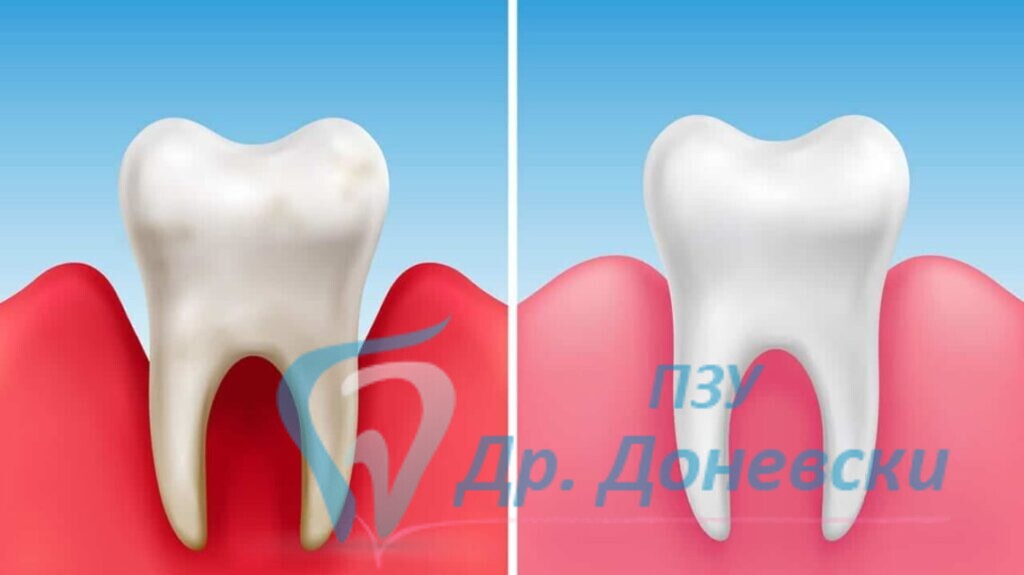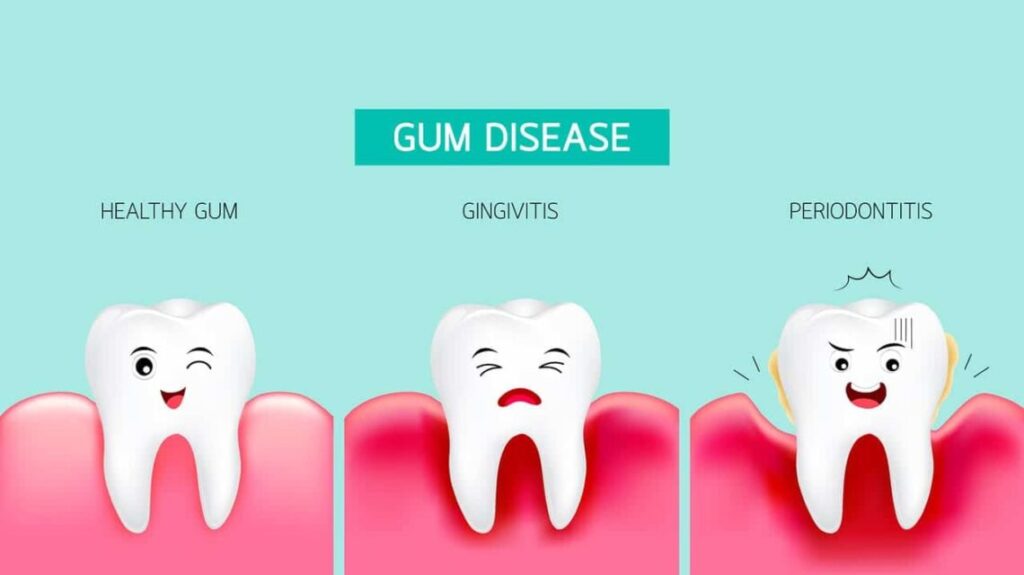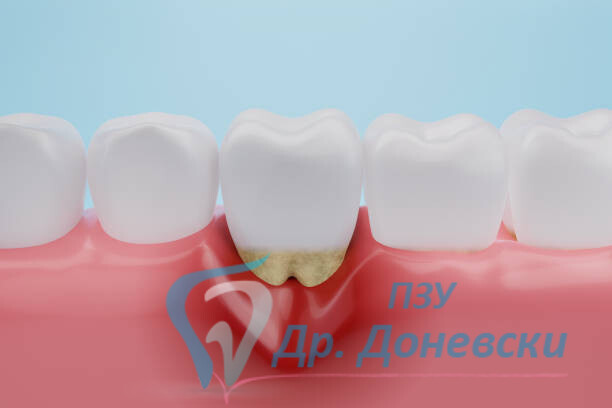Introduction
When it comes to oral health, many people focus on their teeth but overlook the importance of healthy gums. Gum inflammation—also known as periodontal disease—is a silent yet serious condition that can lead to tooth loss and negatively affect your overall health if left untreated. In this post, we’ll explore why gum inflammation should never be ignored and how it can be effectively treated.
What Is Gum Inflammation?
Gum inflammation occurs when plaque—a sticky film of bacteria—builds up along the gum line. If not removed by regular brushing and flossing, it hardens into tartar, which leads to inflammation. This condition progresses through two main stages:
1. Gingivitis
- Redness
- Swelling
- Bleeding gums when brushing or flossing
Luckily, gingivitis is reversible with proper oral care.
2. Periodontitis
An advanced stage of gum disease. Here’s what happens:
- Gums pull away from the teeth, forming deep pockets
- Bacteria get trapped, causing infection
- Bone and connective tissues begin to deteriorate
- Tooth loss becomes a real risk
Why Is Gum Inflammation Dangerous?
Ignoring the early signs of gum disease can have serious, long-term consequences:
1. Tooth Loss
The supporting tissues and bones around your teeth can be destroyed, causing your teeth to loosen or fall out.
2. Chronic Infections
The infection can spread to other parts of the body, weakening your immune system and increasing health risks.
3. Links to Systemic Diseases
Scientific research links gum disease to major health conditions such as:
- Heart disease
- Diabetes
- Alzheimer’s disease
4. Bad Breath and Aesthetic Issues
- Persistent bad breath
- Receding gums
- Visible gaps between teeth
Signs of Gum Disease You Shouldn’t Ignore
Be alert to these warning signs:
- Swollen or red gums
- Bleeding during brushing or flossing
- Constant bad breath
- Receding gums or longer-looking teeth


- Loose teeth or changes in tooth alignment
If you experience any of these symptoms, don’t wait—schedule a dental check-up right away.
Effective Treatments for Gum Inflammation
The good news? Gum disease is treatable—especially when caught early.
1. Professional Cleaning
Regular cleanings by your dentist help remove plaque and tartar, stopping gum disease from progressing.
2. Medications
Antimicrobial mouth rinses, antibiotic gels, or pills may be prescribed to combat infection.
3. Surgical Options
In more severe cases, procedures like flap surgery or bone grafts might be needed to restore your gum and bone health.
Preventing Gum Disease
Prevention starts at home! Follow these habits to keep your gums healthy:
- Brush twice a day using fluoride toothpaste
- Floss daily to remove plaque between teeth
- Visit your dentist regularly for check-ups and cleanings
- Avoid smoking, which significantly increases gum disease risk


Conclusion: Healthy Gums, Healthy Life
Gum inflammation can begin quietly, but if ignored, it can have devastating consequences. By recognizing the signs early and seeking professional help, you protect not just your smile—but your overall health.
Take action now! Schedule your dental appointment today and make sure your gums are in top shape.


